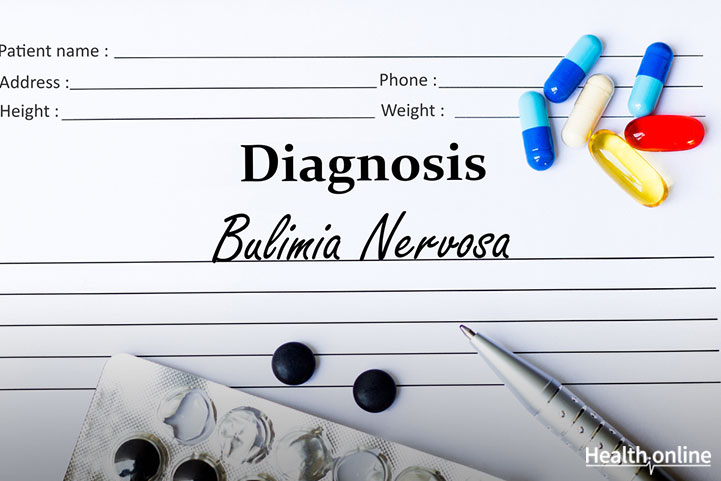
Diagnosis of Bulimia Nervosa
There is a certain set of criteria that must be met for the diagnosis of bulimia. You can expect the following criteria to be examined by your doctor during an examination:
- Eating habits, including any large amount of food consumed in a very short time frame; and the feelings associated with eating habits, particular feelings around control.
- The use of diet pills, enemas, laxatives or self-induced purging to prevent weight gain.
- The frequency at which these behaviors occur in any given week. Generally, they will need to carry out this behavior at least twice a week for three months to meet the criteria for a diagnosis of bulimia.
Physical evaluation
A full physical evaluation must take place, including the observation of symptoms commonly related to bulimia, such as hair loss, stained teeth, or tenderness in the abdominal region from the presence of stomach ulcers. Low body weight is often associated with bulimia but is not always the case. Your doctor will take your blood pressure, test your blood and/or take urine samples to recognize any chemical imbalances or nutritional deficiencies.
Psychiatric evaluation
Because the mental state is also incredibly relative to the diagnosis of bulimia, your doctor will likely refer you to a specialist psychologist who is trained in the area of eating disorders. In any event, medical professionals still need to rely on honesty from the patient in order to successfully diagnose bulimia. This is an ongoing challenge and often leads to misdiagnosis due to the feelings of shame associated with this eating disorder.




